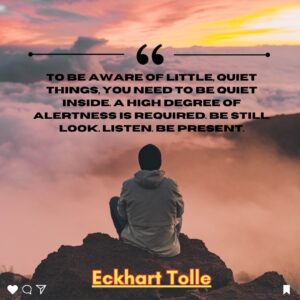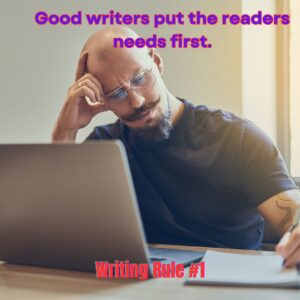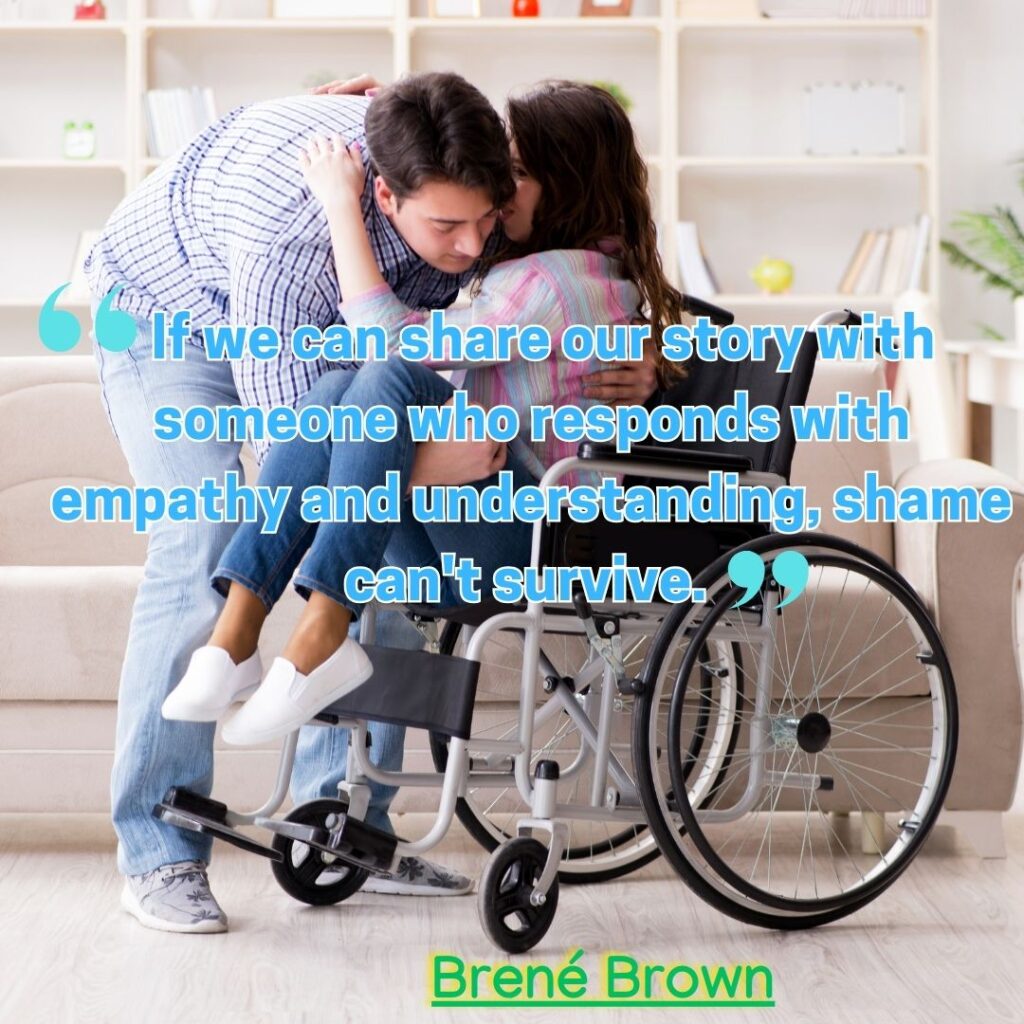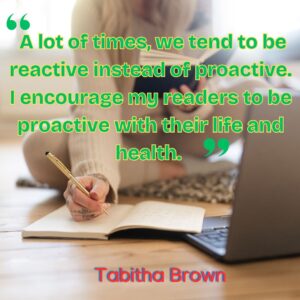As March comes to an end, so does the Brain Injury Awareness Month campaign. If you have read this column long enough, you know as a brain injury survivor, I am a staunch advocate for brain health and injury prevention.
The reason why there is such a great need for information and awareness about brain injury is that brain injuries are invisible disabilities that most people cannot see or recognize easily. Brain injuries are injuries that affect people on the inside, but also manifest various disabilities externally.
A brain injury falls into one of two categories: acquired or traumatic, both of which have been recently categorized as chronic illnesses. They also have similar limitations or effects.
- Mental limitations
- Visual impairments
- Physical limitations
- Emotional impairments
Before my accident, I was young, ignorant, and unsympathetic to persons with disabilities. In college, I lived next to a home with “patients” who often wandered from the porch into the road near my apartment complex. Our friends and I often mocked or laughed at them.

Little did I know one day I would be a patient in that transitional living center for stroke and brain injury survivors. I learned a lot about living with a brain injury in my month-long stay at that small rehab. Almost 30 years later I am a staunch advocate for brain injury awareness and persons with disabilities.
Awareness
Awareness is something we all should strive for. Awareness is defined as, “A quality or state of being aware; knowledge or understanding that something exists.” Being aware motivates us to do something with what we know or understand, it isn’t simply having head knowledge.
Living with a TBI has forced me to be more aware and proactive in my life. My limitations not only necessitate the need to be aware of my surroundings, I also need to pay careful attention to my body, emotions and physical health.
Self-awareness helps us to have a clear healthy honest understanding of ourselves. You don’t have to have a brain injury to understand your qualities or your limitations. But, it is to have a realistic understanding of who you are.
Awareness helps us be and stay alert to may harm us or others. I have learned to use my heightened senses to be more aware of my environment since I have vision limitations. I have also learned to slow down and pay more attention to my environment instead of rushing hastily through life.
Being disabled has forced me to not only be alert but to empathize with other persons with disabilities also. Awareness can bring closeness, even if there is distance in proximity. This is a healthy and handy life hack we all need to learn, even writers.
Writers’ Awareness
Writers need to be aware of many things if they want to be successful as writers. Writers need to be aware of who their audience is and what their needs are. Most of us understand this as. “Think reader first.

Writers need to know their audience and their audience’s needs. Our audience reads with certain expectations. This leads to the next thing writers need to be aware of, the genre they write and that genre’s qualities and mechanics.
Empathy helps the reader relate to their writing. Writers need to have self-awareness about their writing and themselves. Below are some benefits of becoming a more self-aware writer.
- More objective
- Become aware of areas to improve
- Become more comfortable as a writer
- Understand emotions
- Learning your triggers
- Be kind to yourself
- Know when to challenge yourself
Another tip I received from writing mentors early in my journey is to keep learning the craft and honing your skills. A writer’s self-awareness promotes growing in the craft. Once we are more aware of ourselves, we can be more alert in our writing careers. This is easy to apply to our unique writing processes.
I have learned what distracts me and how to better manage my time in life. Be alert to your unique distractions and mindful of your writing process. I know that I need to focus and be careful to be proactive in my writing life.
Proactive
As writers, we each know the value of brainstorming and research. These steps are proactive before we write the first word. I think it’s safe to say that most of us write about lifestyles and worlds we haven’t experienced. Whether it is fiction or nonfiction, a writer needs to research to become more aware of the characters and worlds we are creating.
Being proactive is a crucial part of life.
- Prepare
- Builds confidence
- Reduces stress
- Minimizes risks
As I end this post and brain injury awareness month, I need to share something that has bothered me for a while. Congress and the powers that be have cut critical funding to brain injury research and resources. These cuts also affect brain cancer research.
This proactive research has been beneficial for millions of Americans over the decades and has helped people around the world. I asked each of you to contact your local representatives and request to restore critical funding for brain injury and cancer research so that we may all be aware and alert!

Martin Johnson survived a severe car accident with a (T.B.I.) Traumatic brain injury which left him legally blind and partially paralyzed on the left side. He is an award-winning Christian screenwriter who has recently finished his first Christian nonfiction book. Martin has spent the last nine years volunteering as an ambassador and promoter for Promise Keepers ministries. While speaking to local men’s ministries he shares his testimony. He explains The Jesus Paradigm and how following Jesus changes what matters most in our lives. Martin lives in a Georgia and connects with readers at MartinThomasJohnson.com and on Twitter at mtjohnson51.






No Comments